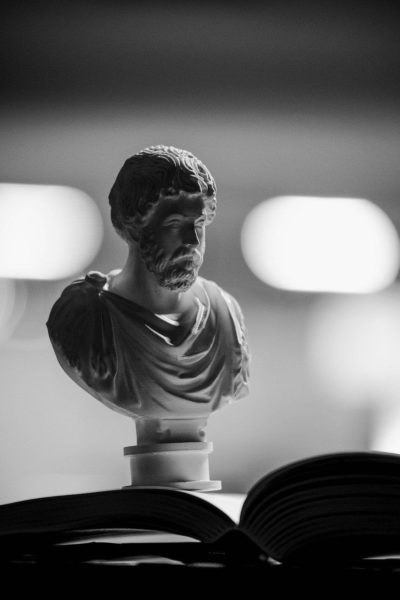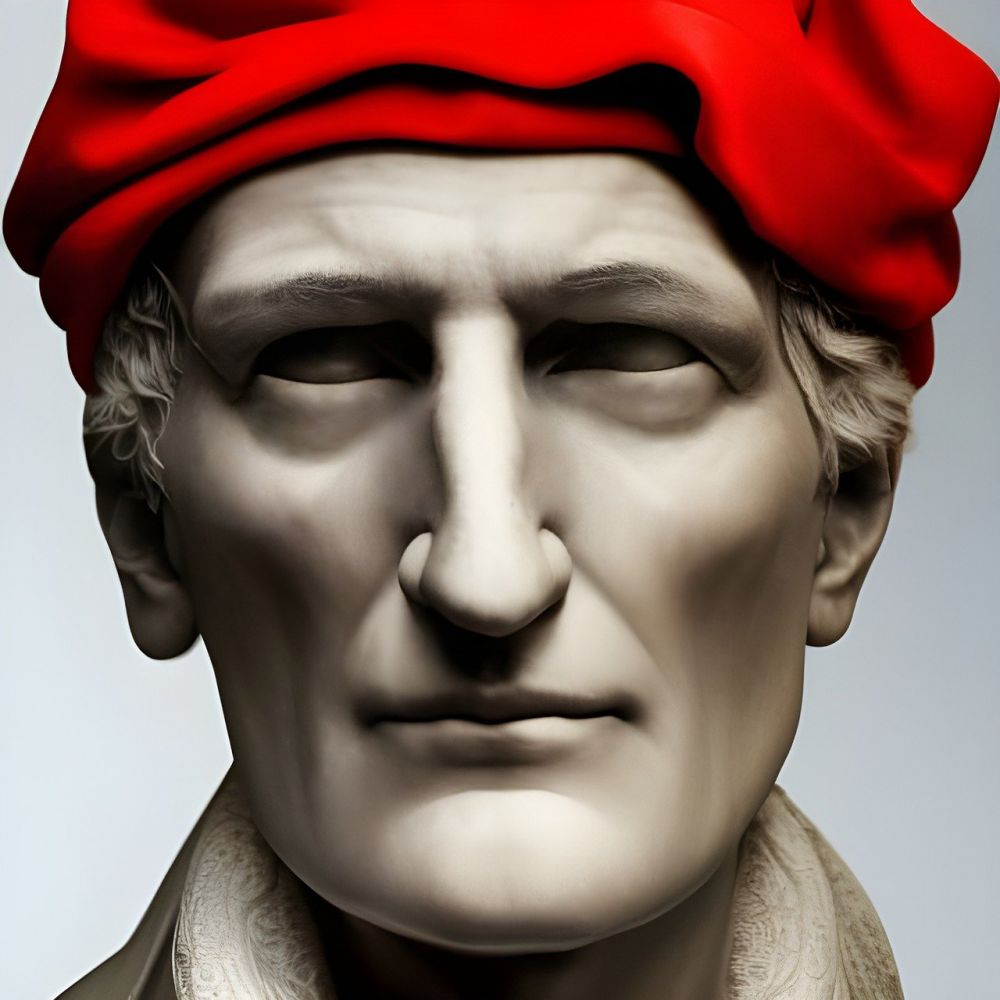Edgar Allan Poes The Raven: A Masterpiece of Gothic Literature

Introduction:
Edgar Allan Poe’s “The Raven” is a timeless and haunting poem that has captivated readers for generations. With its eerie atmosphere, vivid imagery, and captivating narrative, it remains one of Poe’s most celebrated works. In this article, we will delve into the significance of “The Raven” and provide a comprehensive overview for those interested in exploring this literary masterpiece.
Part 1: Understanding “The Raven”

“The Raven” was first published in 1845 and recounts the tale of a distraught lover who is visited by a raven one night. The poem explores themes of grief, loss, and the human psyche’s fragile state. The poem’s protagonist is tormented by his own thoughts and questions the raven about the possibility of reuniting with his deceased love, Lenore. The raven becomes a symbol of the protagonist’s descent into madness, as it responds with the haunting repetition of “Nevermore.”
The poem’s structure and meter contribute to its unique appeal. Written in trochaic octameter, “The Raven” has a musical quality that adds to its mesmerizing effect when read aloud. Poe’s expert use of alliteration, internal rhyme, and onomatopoeia further enhance the poem’s auditory experience. The poem’s vivid imagery, such as the “bleak December,” the “ebony bird,” and the “bust of Pallas,” immerses the reader in a gloomy and mysterious world.
Part 2: Historical Development of “The Raven”
“The Raven” was an instant success upon its publication and catapulted Poe to literary fame. Its popularity can be attributed to both its universal themes and its expert craftsmanship. The poem’s dark and melancholic tone resonated with readers during the mid-19th century, a time characterized by societal upheaval and the struggle to find meaning in a rapidly changing world.
Over the years, “The Raven” has inspired countless adaptations and interpretations. Its influence can be seen in various media, ranging from literature and music to film and visual arts. The poem’s recurring motifs of madness, death, and the supernatural have left an indelible mark on Gothic literature and continue to captivate audiences to this day.
Part 3: Analyzing “The Raven” as a Featured Snippet
To optimize the chances of this article appearing as a featured snippet on a Google search, we have structured the text accordingly:
1. tag: “”
2. “Understanding “The Raven””
– Bulletpoints:
– Publication in 1845
– Themes of grief, loss, and madness
– Trochaic octameter and auditory experience
– Vivid imagery and atmospheric quality
3. “Historical Development of “The Raven””
– Bulletpoints:
– Instant success and literary fame
– Resonance with mid-19th-century readers
– Influence on various media
– Impact on Gothic literature
Part 4:
At this point in the article, you can insert a video highlighting a dramatic reading or analysis of “The Raven.” This video could further engage the audience with its visual and auditory representation of Poe’s haunting masterpiece.
Conclusion:
Edgar Allan Poe’s “The Raven” continues to enthrall readers with its poetic brilliance and dark thematic elements. Its lasting legacy is a testament to Poe’s mastery of language and his ability to tap into the depths of human emotion. As we have explored, this poem’s historical significance, unique structure, and profound impact highlight its enduring appeal to art enthusiasts and collectors alike.
FAQ
What are the main themes explored in The Raven?
What is the significance of the raven in the poem?
When was The Raven published?
Flere Nyheder
Fra pensel til pixel: Kunstens rejse ind i det digitale
Introduction: Edgar Allan Poe’s “The Raven” is a timeless and haunting poem that has captivated readers for generations. With its eerie atmosphere, vivid imagery, and captivating narrative, it remains one of Poe’s most celebra...
09 oktober 2025
Forstå betydningen af en erhvervsfotograf for din virksomhed
Introduction: Edgar Allan Poe’s “The Raven” is a timeless and haunting poem that has captivated readers for generations. With its eerie atmosphere, vivid imagery, and captivating narrative, it remains one of Poe’s most celebra...
02 oktober 2025











